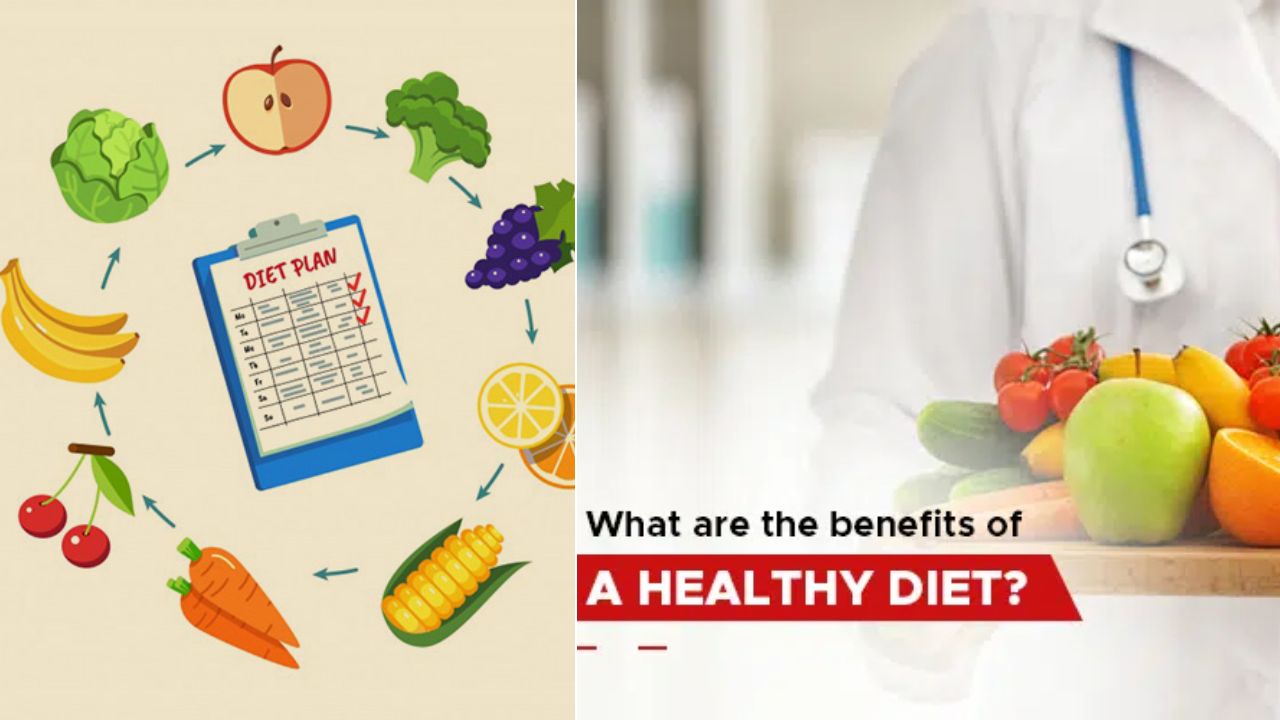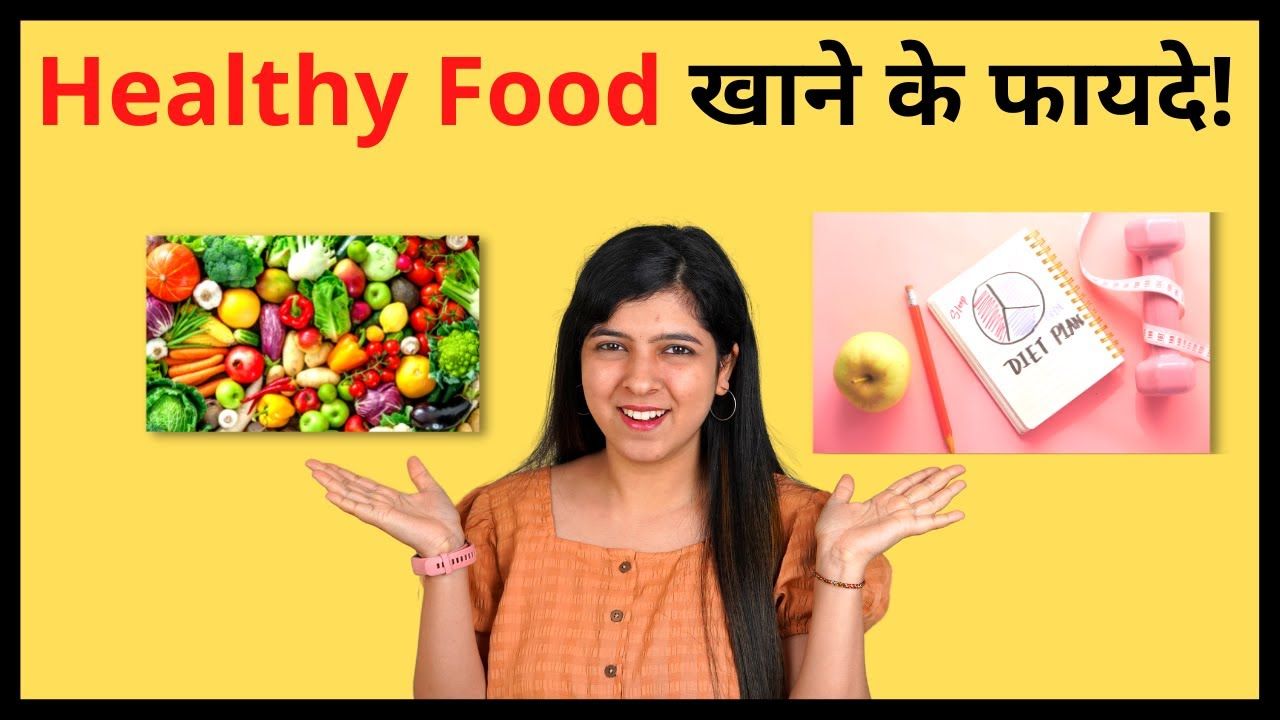When it comes to food, our minds are flooded with various dishes, and their flavors tantalize our taste buds. However, when we think about healthy eating, few truly understand its definition. This is because food today is consumed more for mental satisfaction than for nourishing the body. While consuming nutrient-rich food is essential for good health, understanding what constitutes a healthy diet is crucial. It's rare to find someone with a perfectly healthy diet. Many prefer eating out over home-cooked meals, and fast food consumption is widespread, leading to increased illness. Doctors often advise patients to change their diet plans as a first step towards recovery. Therefore, a balanced diet chart (a general dietary plan) has become essential for people today. Let's explore what constitutes healthy eating and how to adopt it.
What is Healthy Eating?
Healthy eating involves consuming foods that help maintain or improve health. It's vital in preventing various chronic health risks such as obesity, heart disease, diabetes, and cancer.
A healthy diet includes all essential nutrients and sufficient water. Nutrients can be obtained from various food sources, so there's a wide variety of foods considered healthy. Healthy eating offers numerous benefits to our bodies.
Infant Nutrition:
Providing proper nutrition to infants is vital. For the first six months, an infant's diet solely consists of breast milk; their immunity depends on the mother's diet. While breastfeeding is the safest and most nutritious diet for infants, mothers should continue breastfeeding even after six months. After six months, introduce small amounts of cereals and other nutritious foods like wheat, rice, barley, lentils, chickpeas, nuts, peanuts, oils, sugar, and jaggery. Additionally, infants can be given various soft or solid foods like mashed potatoes and eggs.
Nutrition for Growing Children:
Children over two years old enter a phase of increased physical activity and tend to tire easily. They require ample nutrition and healthy food. A growing child's diet should include plenty of energy, protein, vitamins, and minerals. Dairy products like milk, cheese, and yogurt should be provided to ensure adequate calcium intake. Spinach and broccoli are also good sources of calcium for children. They need more carbohydrates and fats for energy, so daily consumption of grains, brown rice, nuts, vegetable oils, vegetables, fruits, bananas, potatoes, or sweet potatoes is recommended. Sufficient protein intake is crucial for muscle development. Therefore, they should regularly consume meat, eggs, fish, and dairy products. With the increasing trend of junk food consumption among children, it's essential to educate them about the importance of healthy eating and provide nutritious food to build their inner strength.

Nutrition for Pregnant and Breastfeeding Women:
Motherhood brings significant changes to a woman's life and body. Pregnancy weakens women both physically and mentally, increasing their nutritional needs. Whether it's the first trimester or breastfeeding, careful attention to diet is crucial. Pregnant women should consume foods rich in nutrients like calcium, vitamin E, vitamin B12, and vitamin C. A balanced and healthy diet for the mother ensures a healthy baby.
Nutrition for Adult Men and Women:
Today, both men and women often lack the time to focus on their diet. This can lead to complaints like anemia, fatigue, headaches, body aches, and leg pain. These issues often stem from a lack of a balanced, healthy diet. Adults should avoid processed foods like pickles, papad, and junk food. Their diet should include sufficient calcium, iron, and healthy fats (reducing saturated and trans fats). They should consume dairy products, green leafy vegetables, broccoli, ghee, butter, cheese, vegetable ghee, and plenty of fiber-rich foods like whole grains, vegetables, and fruits.
Nutrition for the Elderly:
After the age of 60, individuals enter old age, where both their digestive system and overall physical health weaken. Their body composition also changes, leading to the classification of 'elderly'. Special attention to diet is crucial at this age to maintain physical activity and overall health. The elderly need higher amounts of calcium, zinc, vitamins, iron, and antioxidants in their diet.













